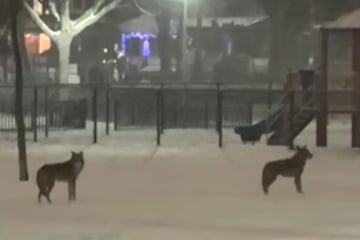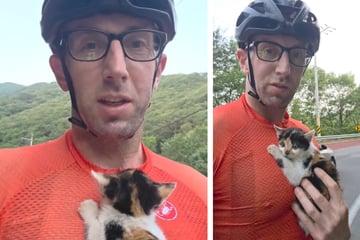San Diego Zoo races to vaccinate lions and tigers as Covid-19 surges among animals
San Diego, California - How do you vaccinate a tiger? Or a cheetah? Or a baboon?
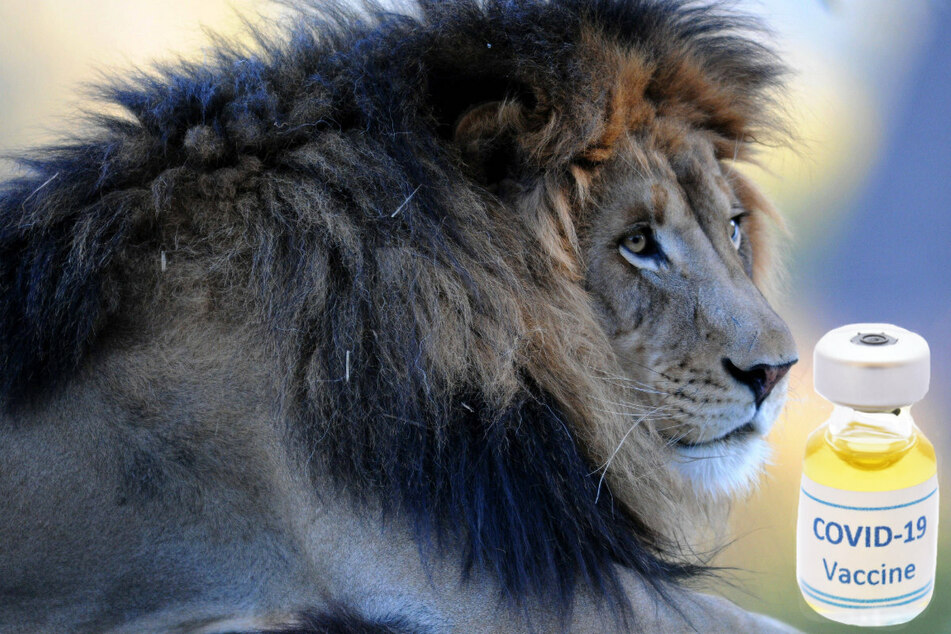
Carefully — very carefully. And with lots of training and treats.
As Covid-19 cases surge throughout the region, San Diego Zoo and Safari Park are hustling to immunize an array of animals that could give Noah’s Ark a run for its money. From tigers, to Vervet monkeys, to hyenas the list is growing of critters staff members think could be vulnerable to the disease.
By the end of this week, they’ll have doled out first doses to roughly 250 animals, many of them endangered species.
"We’re in a very similar situation to where us humans were just a few months ago, when vaccines were [first] available,” said Hendrik Nollens, who leads the veterinary teams for the zoo and Safari Park. "Now it’s this race against time. Who’s going to get there first: vaccine or virus?"
Recent events have given these efforts fresh urgency. On Monday, the Safari Park learned that five of its six Sumatran tigers have Covid-19 after testing stool samples from the animals.
Keepers first suspected something was amiss when Rakan — a 300-pound, 4-year-old male — seemed sluggish and wasn’t scarfing down meals with his usual gusto. Staff then noticed that he was coughing slightly.
Three of the other tigers are also showing symptoms, mainly coughing and low energy, and all of them are being closely monitored.
The news comes days after the zoo learned that both of its snow leopards, Ramil and Naphisa, had Covid-19. Both leopards had mild coughs but have nearly made a full recovery, according to Lisa Peterson, executive director of the Safari Park.
All Zoo staff must now wear masks to prevent transmission to animals
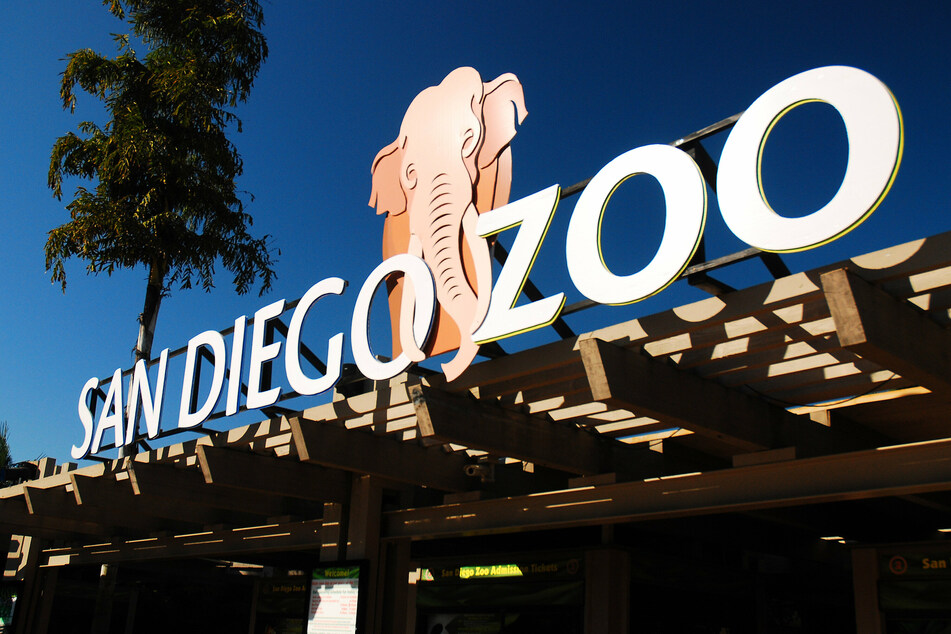
While the organization says it’s not sure how the snow leopards or tigers got infected, it’s likely they caught the virus from an employee who was infected but didn’t have symptoms.
That’s what happened back in mid-January, when the Safari Park’s gorilla troop contracted the virus, and were the first non-humans to be vaccinated.
Both facilities are hoping that a two-pronged strategy of stricter masking and vaccination will limit future transmission.
Following the snow leopard infections, all staff must now wear masks when working with animals that veterinary staff believe could be susceptible to Covid-19 — regardless of whether employees are fully vaccinated, or whether they’re indoors or outdoors. Previously, only staff members who weren’t fully vaccinated had to don masks.
The organization has also continued to vaccinate animals at both parks. Those efforts began around late January, when the zoo inoculated some of its orangutans and bonobos, marking the first time apes were immunized against the virus.
Zookeepers bribe animals for a poke
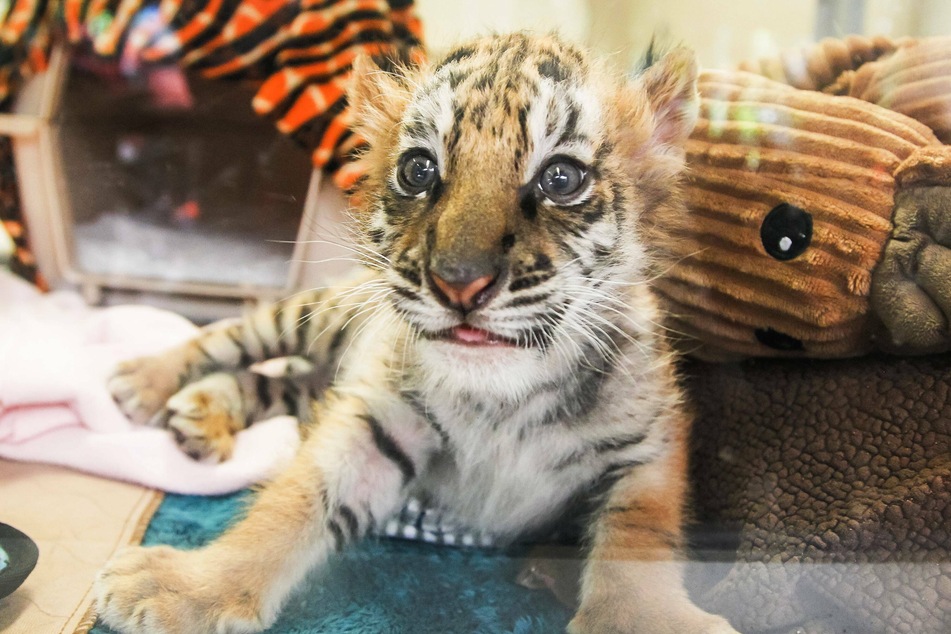
While trying to poke a wild animal with a needle might sound like a recipe for disaster, it’s something zoo and Safari Park staff do routinely through a combination of coaxing and conditioning.
For Amara the cheetah, that means bribing the cat with a yummy morsel of meat or a "bloodsicle," a frozen chunk of blood for her to lick while she sidles up to the edge of her cage for a quick poke.
And for Johnny the coati, a distant relative of the racoon, that means enticing him with a spoonful of honey inside a plastic container, prompting him to stick his head inside while a vet administers the vaccine.
"I would say in easily greater than 75% of the animals that I’ve vaccinated, they don’t even react," said Daniel Fredholm, a veterinarian who has given coronavirus vaccines to about 40 animals at the Safari Park.
Staffers generally avoid anesthetizing animals whenever possible, according to Peterson, as they want to avoid any side effects from anesthesia and would rather have the wildlife willingly participate in their own health care. So when an animal gets up and walks away before a veterinarian can deliver the shot, they usually just try again later.
In other cases, keepers use what they call a medical squeeze, a narrow metal crate that the animals have learned to walk into and where a vet delivers a shot through a hole in the side.
Oddly enough, the hard part is getting them to walk out at the end, according to Annette Russel, member of the Safari Park’s wildlife care team.
"They don’t want to leave," Russel said. "They get so reinforced in there and stay. ‘No, I’m being an A-plus student. Where’s my good stuff?’ It takes more work to have them exit it than to go in."
Research on Covid-19 in animals in ongoing
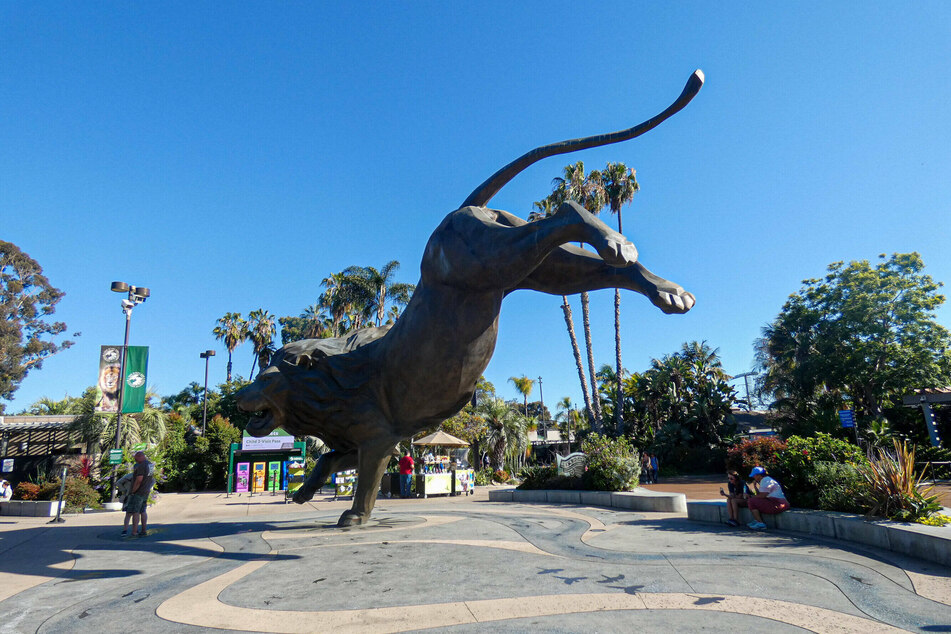
The organization is getting vaccine doses from Zoetis, an animal health company once part of Pfizer. The company’s vaccine, which has only been cleared for use in animals, sparks immunity against the coronavirus by delivering a piece of the surface protein the virus uses to grab onto and infect cells.
The vaccine requires two doses, spaced two weeks apart, for full immunity. Once staffers finish administering first doses this week, they’ll begin giving out second doses.
Three of the tigers that recently tested positive for the coronavirus had received their first vaccine dose days before they tested positive, but had not gotten their second shot.
Researchers are still learning more about how animals respond to coronavirus vaccines or the virus itself.
Scientists have on occasion spotted infections in lions, domestic cats, dogs, and minks, among other mammals, according to the Centers for Disease Control and Prevention. Most of these cases have been mild, yet in a few cases, some zoo lions have died from the virus.
Zoo staff members plan to take blood samples from vaccinated animals and measure their immune responses. And keepers are working with Scripps Research to use DNA sequencing to determine which viral variants are infecting wildlife.
They’ve already learned that the two snow leopards weren’t infected with the fast-spreading Delta variant, estimated to account for 80% of new coronavirus cases in the US.
"We don’t have any data from other institutions because we’ve been on the forefront of this from the beginning," Nollens said of the San Diego Zoo. "Which is great, but there’s a downside: There’s no lessons learned that you can go to."
For now, their own attempts to save the animals is all they've got.
Cover photo: Collage: IMAGO / ZUMA Wire & jarun011
